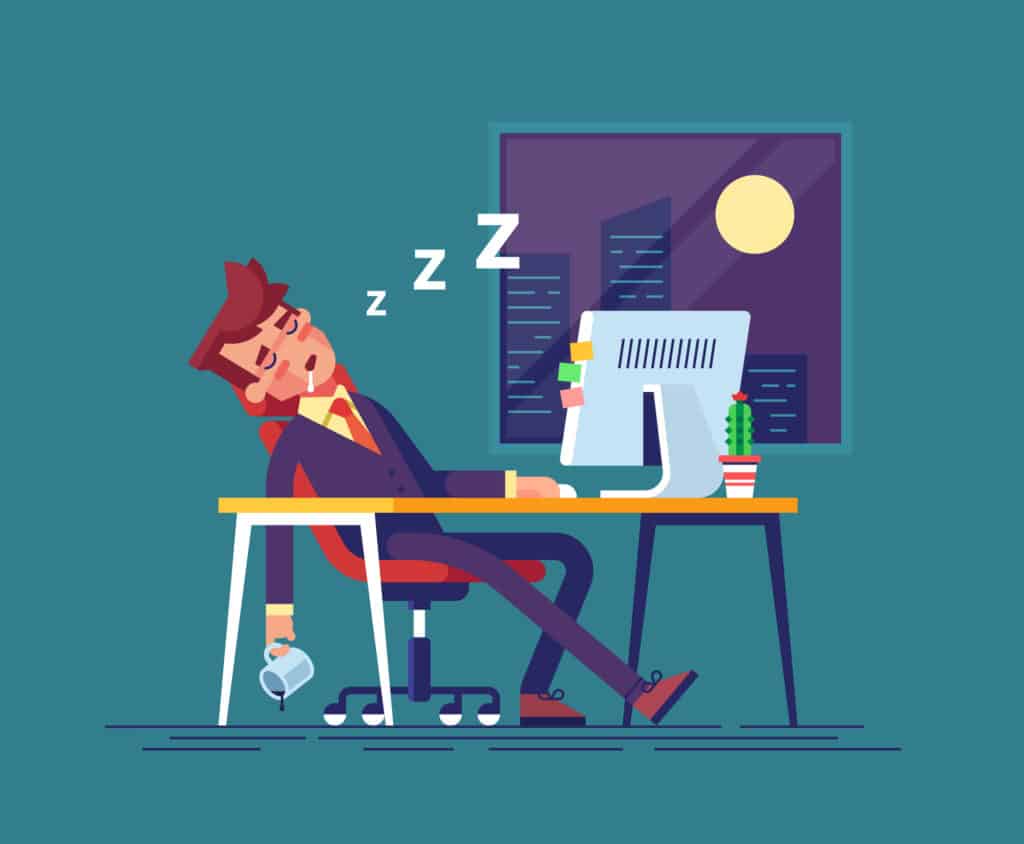
Are you feeling exhausted from fighting an uphill struggle with social media?
Social media can be a great resource for marketing, but it can also be your worst enemy.
Whether you’re new to the social media marketing game or if you’re an expert who’s avoided burnout till now, this blog is for you.
Unplugging is difficult when it comes to social media, because the whole point of this kind of marketing is to stay up to date (and plugged in)!
Many different elements can contribute to social media burnout, including unmanageable workloads, unreasonable expectations, restricted independence, etc.
Managing multiple social media accounts at once can cause a sense of detachment to the media form.
Let’s think about how to recover from burnout.
More Blogs From DRPT
How To Deal With Online Trolls
Mental Health In The Workplace
The Impact Of Social Media On Your SEO Content
What Is Burnout?
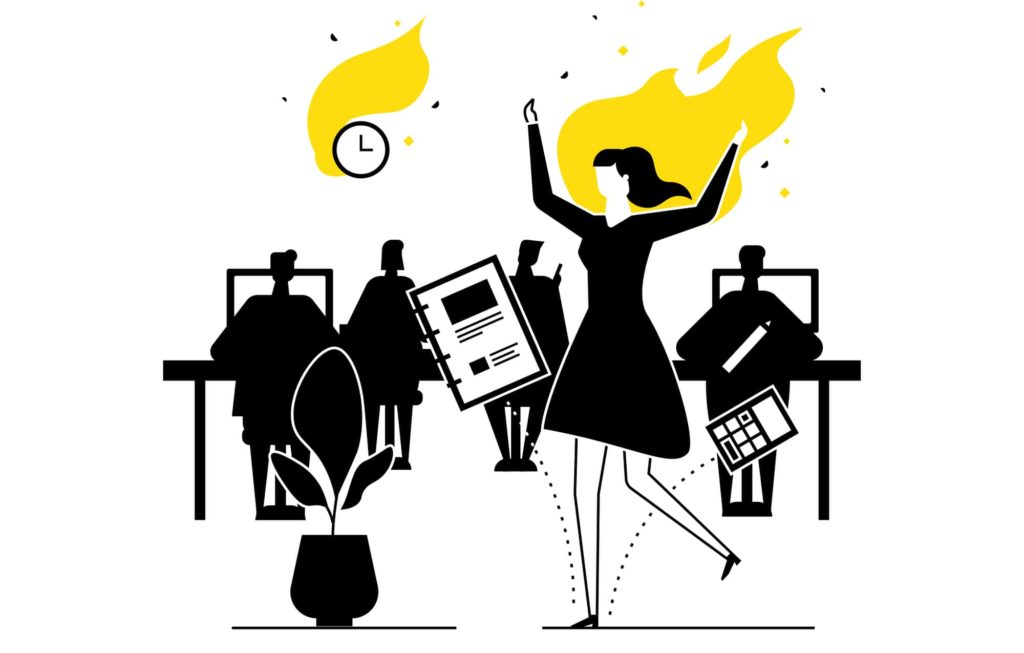
The World Health Organisation recognises “Burn Out” as an occupational phenomenon.
They list the symptoms as:
- Energy depletion or exhaustion
- Increasingly mentally distanced from the job
- Negative feelings and or cynicism related to the job
- Not being able to fulfil your workplace responsibilities
It’s important to be aware of the symptoms of burn out. If you do recognise these symptoms, try to take steps to resolution.
Unfortunately, burn out doesn’t have one simple solution. But you can take steps to limit the impact it has and make sure it isn’t repeated in future.
Recognising The Warning Signs
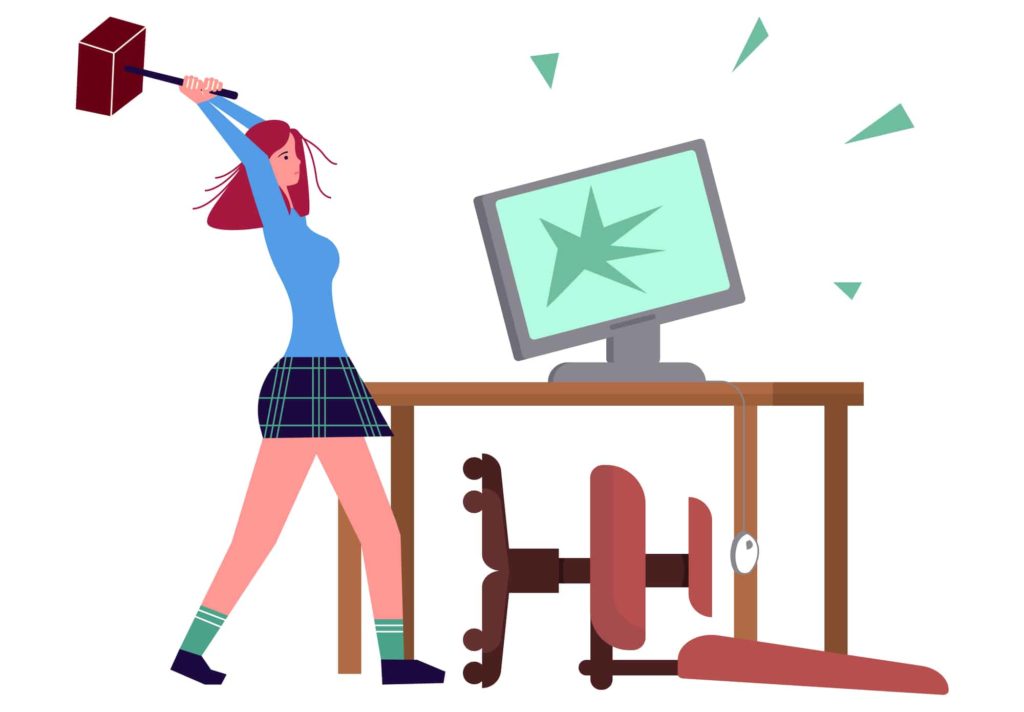
Questions that you should be asking yourself include:
- Have you lost enthusiasm for your work and the job?
- Are you feeling anxious, worrisome or are exhibiting symptoms of depression?
- You are fatigued, have depleted energy or are totally exhausted?
- You have become increasingly irritable and are experiencing mood swings?
- You’ve been having trouble concentrating?
- Have you experienced detachment and potentially depersonalisation?
- You’re having problems sleeping?
- You’ve noticed frequent headaches and muscle aches?
It’s important not to just brush off these questions with simple responses.
Burnout is serious, for most of us we spend a lot of time working and brushing off the potential symptoms of burnout can be dangerous.
If you don’t take the necessary steps to prevent potential burnout, it’ll start to affect your everyday life.
Your mental health matters and it all starts with making sure your everyday is as least stressful as possible.
It’s also important to make sure that you’re looking out for your colleagues, it’s always more difficult to spot the warning signs of burnout in yourself.
If you do notice somebody else experiencing these symptoms, the best thing to do is to reach out.
Asking For Help
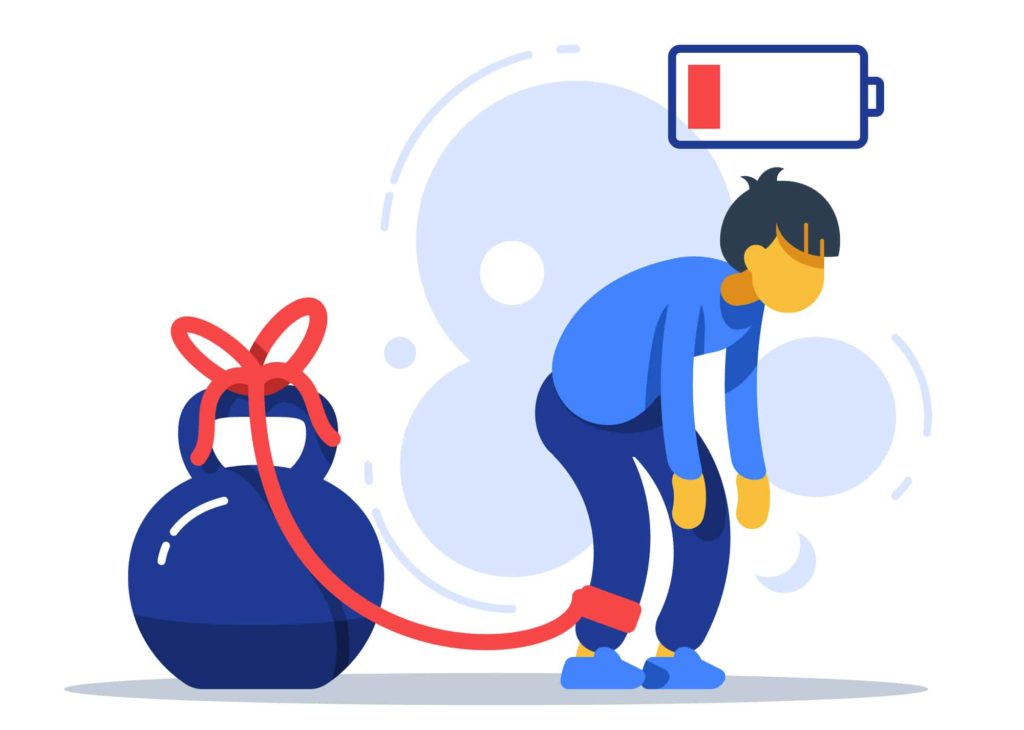
For starters, asking for help should be normalised and shouldn’t be swamped in the stigma that it currently is.
If you’re concerned about your own or someone else’s mental health, always ask for help.
Work is such a big part of our lives and you shouldn’t have to suffer in silence.
Catching burnout early is ideal, it means you can alter your expectations and routine to avoid it from occurring in the future.
Don’t panic if you’re dealing with the later stages of burnout, there are solutions and ways to help.
Managing your own time and adapting to combat burnout is effective but it’s best to start by asking for help.
The first thing to do is to discuss your feelings with a manager, colleague or someone in your workplace that you feel comfortable around.
It’s never too late to ask for help, starting a discussion around workloads and burnout from social media management is the perfect starting place.
Multiple studies have shown a link between social media usage and mental health problems, so it’s not surprising that burnout is so common for social media managers.
Whether you’re working freelance, independently or as part of a larger organisation it’s important to take mental health days to help combat potential burnout.
Boundaries, Expectations And Knowing Your Self Worth
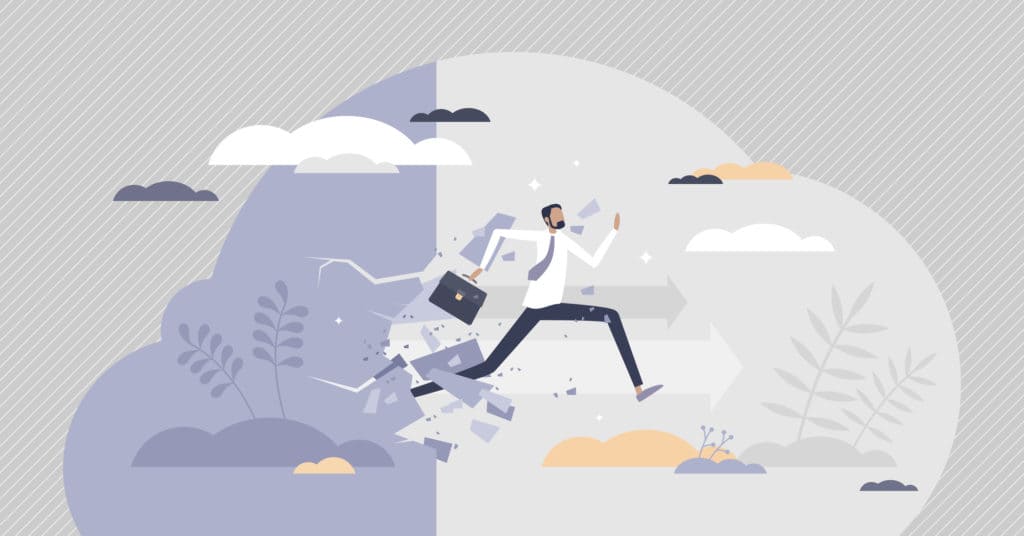
Boundaries are the key to survival in the social media management world. This goes for freelance work and general employment both working in office and remotely.
Without setting boundaries it’s easy for your work to blend into your personal life, making it feel as though you’re working 24/7.
Time blocks are the perfect solution to avoid merging your personal life and your work life.
What is a time block? You might be asking.
Time blocks are segments of your day and to manage them effectively as well as create a separation between your own life and your work tasks.
Time blocks are recommended so that you can dedicate an allotted amount of time to your work tasks.
It might seem simple but it’s a great way to ensure that you’re not neglecting your free time.
The great thing about organising your day through timeblocks is that they can be shifted from one slot to another with relative ease.
Whether you use timeblocking or any other organisational tools, firm work hours are must to avoid social media burnout.
Keeping your work and personal accounts separate is essential for reducing the possibility of any form of burnout.
Whichever form of time organisation that you lean towards, it’s also important to let your clients and or colleagues/managers know when you will be available.
This method of time organisation is recommended so that you aren’t overworking but also so you have a sufficient amount of time to complete your work tasks.
Responding To Emergencies

It is most likely that you’ll experience burnout in the event of a crisis and it’s exactly when you don’t want it to happen.
Crises include anything from a world event that directly affects your workload, online harassment or if you’re working freelance, a more financially direct issue like the loss of a client.
The last thing you need to be doing in a crucial moment like this is to be floundering.
Nobody wants to be sitting and thinking about the worst case scenario, however it can pay off and we’ll show you how.
Setting up emergency protocols for reacting to the aforementioned crises is a great idea and can save you from a lot of stress in the long run.
The first thing to do in this kind of situation is to minimise losses or damages.
For example looking at why a client may have left (sometimes this isn’t a solvable issue) and rectifying any constructive feedback that they have had for the remainder of your clientbase.
An emergency protocol in a crisis may involve stopping social media posting temporarily while you deal with the bigger issue at hand.
Pushing forward with the workload as if nothing has happened can actually cause more damage than reacting to the issue and dealing with it head on.
There’s no set way to deal with these kinds of things and they’re often outside of our control, the best advice is not to panic and react how you see fit.
Sometimes the right action is to take a mental health day and focus on recuperation.
Plowing through work with the first symptoms of burnout or poor mental health will only make you resent your work.
Healthy Habits

It’s not quite as easy as suggesting to go for a walk, however there are some lifestyle tips that you can use to boost your mood and general health.
We wouldn’t be human if we didn’t have our flaws, and we know that nobody is going to be living as healthy as possible all of the time.
This is a handy list of suggestions to help to maintain your general health and reduce the impact of burnout:
- Keep an eye on your sleep schedule (avoid sleep debt)
- Avoid using your phone or computing equipment in the bedroom (if possible)
- Maintain a routine that includes exercise
- Try to eat a balanced diet with high amounts of fruit and vegetables
- Eat away from your desk if you can (maintain separation from personal and work life)
- Ensure that you’re taking regular breaks
- Monitor your eye health by checking in at your opticians regularly
- Spend time outdoors
- Think about your posture while at work
- Do something that you love every so often
Doing something that you love in between work helps to combat the burn out that certain tasks can have on you.
It can be all too easy to be swept along with the tide of the work routine. Returning home only to eat and then sleep.
To combat the monotonous cycle, make sure that you’re actually dedicating time to a hobby or activity that makes you happy.
We’re not saying pick up the flute that you bought 4 years knowing that you’d never have time to learn it.
Spending time with a friend or partner can be the perfect cure for burn out, talking it out can be therapeutic.
Don’t Suffer In Silence

Unfortunately, social media burnout is not uncommon.
Hopefully these tips have been able to help restructure your relationship with social media management.
Whether you’re looking for advice or if you’re burnt out with search engine optimisation, we can help you!
Get in touch now and we can help you to boost your Google rankings.








